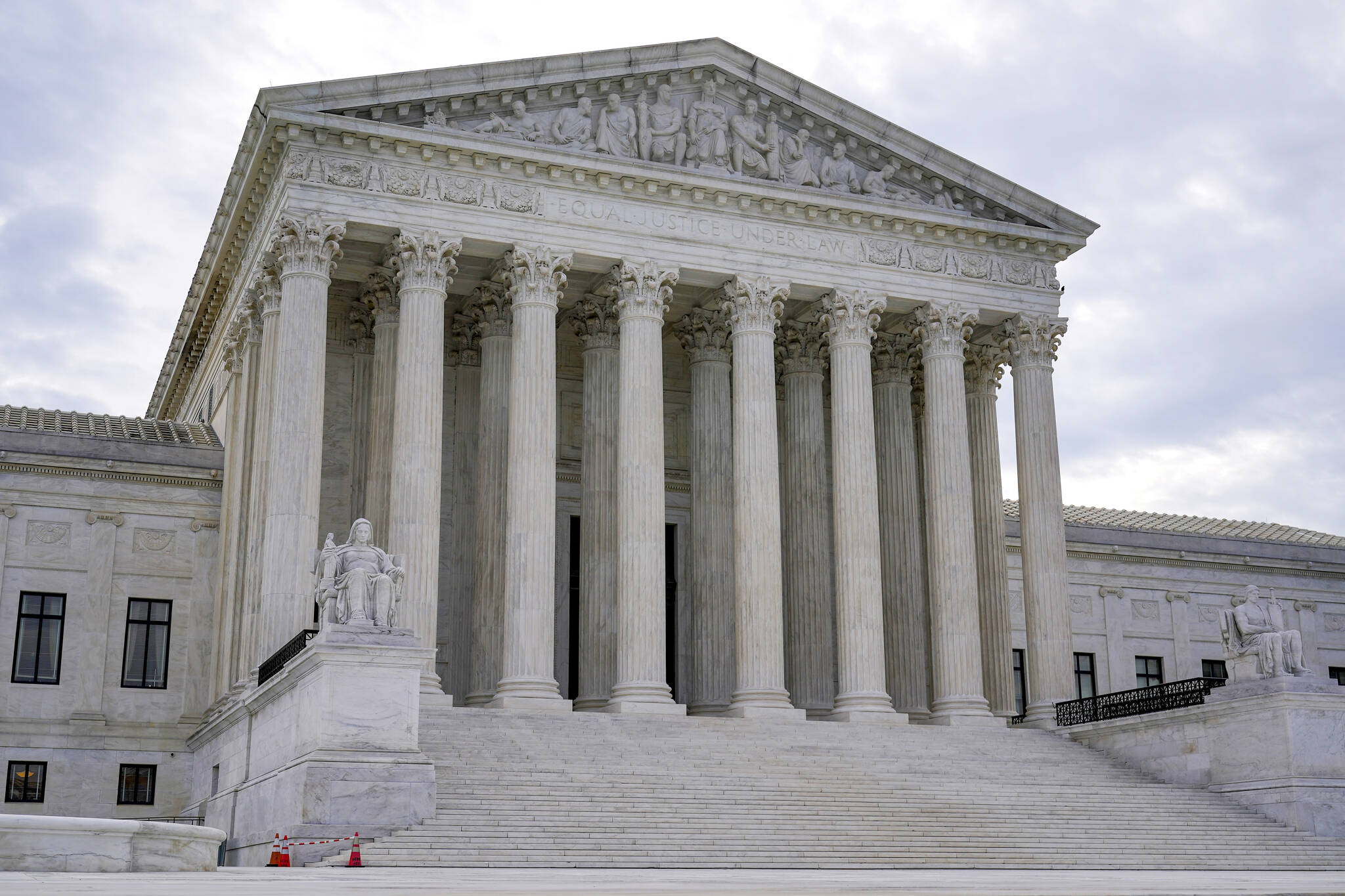By Jessica Gresko
Associated Press
WASHINGTON — Supreme Court Chief Justice John Roberts says the federal judiciary needs to do more to ensure judges don’t participate in cases where they have financial conflicts of interest.
Roberts made the comments as part of his annual report on the federal judiciary released Friday evening.
Roberts pointed to a series of stories recently in The Wall Street Journal that found that “between 2010 and 2018, 131 federal judges participated in a total of 685 matters involving companies in which they or their families owned shares of stock.” Federal judges and Supreme Court justices are required by law to recuse themselves from cases where they have a personal financial interest.
“Let me be crystal clear: the Judiciary takes this matter seriously. We expect judges to adhere to the highest standards, and those judges violated an ethics rule,” Roberts wrote in the nine-page report.
Roberts is one of just three justices on the nine-member Supreme Court to hold individual stocks. Those holdings sometimes result in the justices recusing themselves from a case or selling stock in order to participate. The other justices who own individual stocks are Stephen Breyer and Samuel Alito. In the past those holdings have occasionally resulted in issues.
In 2015, Breyer participated in a high-profile energy case involving a subsidiary of Wisconsin-based Johnson Controls Inc. A routine check Breyer’s office does failed to flag that his wife owned stock in Johnson Controls. After the case was argued an inquiry from the news media brought the issue to Breyer’s attention and his wife sold 750 shares worth about $33,000.
Alito took part in a case about curse words on television involving ABC Inc. and other networks. At the time the case was argued in 2008, Alito owned about $2,000 of stock in ABC’s parent, Walt Disney Co. The case came out 5-4 with Alito voting with the majority and against ABC’s interests. He later said his participation was an oversight.
Roberts did not write about recusals on his own court for financial or other reasons. He did note that in the instances the The Wall Street Journal identified, the paper did not find that any of the conflicts affected the judges’ actions in cases. And Roberts underscored that conflicts were identified in “less than three hundredths of one percent of the 2.5 million civil cases filed in the district courts in the nine years included in the study,” a 99.97% compliance rate.
But Roberts said, “We are duty-bound to strive for 100% compliance because public trust is essential, not incidental, to our function.”
Roberts said ethics training programs need to be more rigorous and “the information systems that help courts catch and prevent conflicts are due for a refresh,” among other things. He said officials are working to address the issue.
While coronavirus cases are surging, Roberts mentioned the pandemic only briefly. Last year, Roberts’ annual report focused on the pandemic’s impact on federal courts, with Roberts praising the work of judicial branch personnel during the pandemic.
Roberts and his colleagues are scheduled to return to the courtroom Jan. 7 for a special set of arguments to weigh challenges to two Biden administration policies covering vaccine requirements for millions of workers. The cases involve policies that affect large employers and health care workers.
Because of the pandemic the courtroom is not open to the public, and only the justices, lawyers, court personnel and journalists will be present. The justices spent nearly 19 months hearing arguments by telephone because of the pandemic but returned to the courtroom in October.

